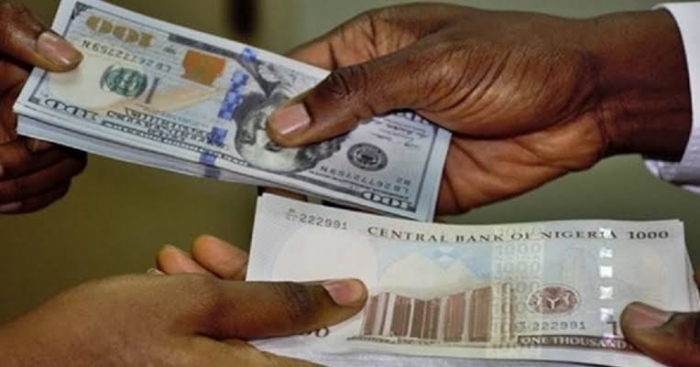June 19, 2025
NUPRC introduces stricter export guidelines amid massive crude oil theft
in News
by Super User
…
June 19, 2025
PZ Cussons quits Nigerian palm oil market, sells stake to partner
by Super User
Consumer goods multinational PZ Cussons Plc is making a full retreat from Nigeria’s palm oil…
June 14, 2025
Tinubu's pardon of 'Ogoni Nine' rejected by Ogoni people
in POLITICS
by Super User
Ogoni activists on Friday rejected a posthumous pardon for nine members executed three decades ago…
June 19, 2025
5 signals that make you instantly more trustworthy at work
in FEATURES
by Super User
Scott Hutcheson Believe it or not, first impressions are biological. When meeting someone for the…
June 14, 2025
Traditional healer treats the sick with snake bites
in Strangely
by Super User
Rosalio Culit, also known as Datu Kamandag among his fellow Manobo tribe members in Surigao…
June 15, 2025
Over 100 feared dead as gunmen attack Benue communities in night of horror
in Crime
by Super User
At least 100 people have been killed in a brutal overnight attack on Yelewata, a…
June 19, 2025
Israel Vs Iran: Here’s what to know after Day 6
in WARS
by Super User
Fear stalks Tehran as Israel bombards, shelters fill up and communicating grows harder The streets…
June 13, 2025
Your favorite alcoholic beverage linked to deadly form of cancer, study finds
Nicole Saphier joins 'America's Newsroom' to discuss the surgeon general pushing for cancer warning labels…
May 13, 2025
Nigeria's Flying Eagles qualify for World Cup after dramatic win over Senegal
in Sport
by Super User
Nigeria's U-20 national football team, the Flying Eagles, have secured their place at the 2025…


































































